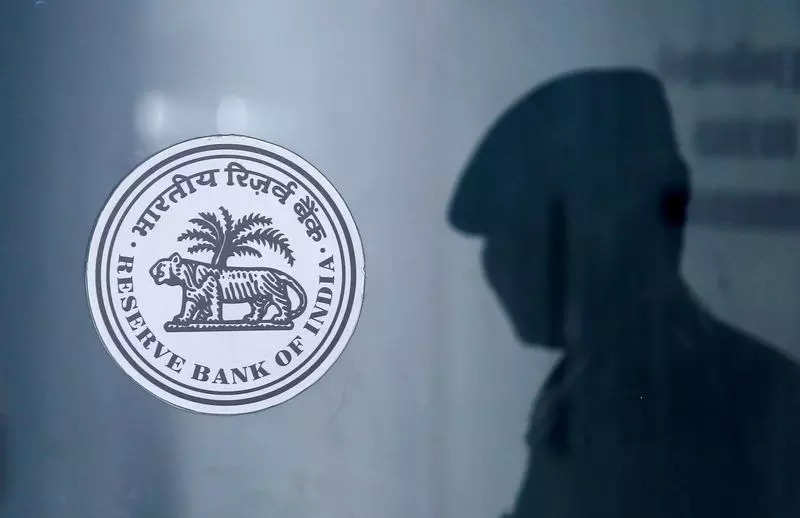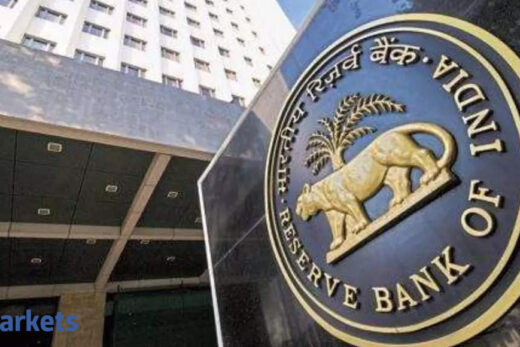The National Company Law Tribunal (NCLT) admitted the bankruptcy pleas against
(SIFL) and its wholly owned subsidiary Srei Equipment Finance (SEFL) after the central bank referred the two companies to the NCLT’s bench in the eastern metropolis, where Srei is based.
The central bank has initiated insolvency proceedings under the Insolvency & Bankruptcy Code (IBC).
This is going to be the second significant debt resolution under IBC in the financial services sector after the successful resolution of Dewan Housing Finance (DHFL).
According to IBC rules, the Srei promoters are now barred from selling down or disposing of any assets of SIFL and SEFL. There will be moratorium on any other legal proceedings against the compsnies during the resolution process while lenders will be free to invoke personal guarantees provided by the promoters.
“It is indeed unfortunate for us. Our objective right from the beginning has been resolution, that is the reason we had moved to NCLT last year for payment to all creditors under section 230, which was not considered,” Srei Group founder Hemant Kanoria said on the regulator’s move to refer Srei companies to NCLT.
The group had earlier submitted a proposal to pay the full outstanding amount to banks under a scheme filed under Section 230 of the Companies Act 2013 in October last year. The banks did not accept the proposal but could get to a position to control the company’s cash flow from November 2020.
Both the Srei companies defaulted on loan repayment and other payment obligations as cash flows completely dried up lately. A regulatory scrutiny report showed that the group was facing a crisis even before the pandemic, with SEFL’s capital adequacy turning negative at the end of FY20.
In October 2019, SIFL transferred its business along with assets and liabilities to SEFL through a slump sale, despite opposition from several lenders.
Mint Road had conducted a special audit on both SIFL and SEFL between December 2020 and January 2021 and flagged concerns over violation of several prudential norms including of income recognition, asset classification and provisioning, ever-greening of loans and corporate governance.
The central bank took control of the two companies on October 1 by superseding the boards and appointing an administrator.
“The admission of Srei’s case in NCLT opens a new chapter under the Insolvency & Bankruptcy Code,” said Mamta Binani, a resolution professional and former president at the Institute of Company secretaries of India. “The learnings from the DHFL’s debt resolution would act as a ready reckoner for this case.”
On Thursday, the Calcutta-based group moved the Bombay High Court against the central bank. Kanoria said that the group was in touch with investors for raising capital and that it had moved court so that the investment process could be completed and a resolution arrived at quickly.
“However, as the court did not accept and RBI has moved to NCLT today, we will fully cooperate with the regulator to arrive at a solution. We have full faith in our country’s regulator, government and judiciary that fair justice would be done,” Kanoria added.



